Frequent Questions
Frequent Questions
Click on the questions below to reveal each respective answer.
-
What are the available options for funeral arrangements?
The available options for funeral arrangements include traditional burial, cremation, green burial, and alternative ceremonies such as a memorial service or celebration of life. Depending on the wishes of the deceased and any cultural or religious considerations, we can tailor the arrangements accordingly. If your loved one served in the military, we can honor them with a military service. We will discuss these options with you and help you make the appropriate arrangements.
-
Can I plan services ahead of time?
Absolutely. We can help you with planning at any point in time. We have options for preplanning that allow you to make arrangements without any payment being made, and we can also do a preneed in which you make arrangements and prepay. Taking advantage of either of these options make it so much easier when the time of need arrives as family members do not have to struggle with making these decisions in the midst of grief.
-
How do I notify family and friends about the funeral arrangements?
We will assist you in creating an obituary and notifying family and friends through various channels such as email, social media, or newspaper announcements. Your loved one’s information gets posted on our website and social media sites and can be shared from there as well.
-
What if we want to bury our loved one in another city or state?
Arrangements can be made to transport your loved one wherever you would like for them to go. We will talk with you about the options and make sure your family and your loved one are well taken care of.
-
What kind of memorial or funeral service is appropriate?
The type of service can vary based on cultural traditions, religious beliefs, and personal preferences. We can assist you in planning a traditional funeral service, a memorial service, or a celebration of life that honors the life and legacy of your loved one in a meaningful way.
-
Can I make special requests or considerations to honor the deceased's wishes?
We understand the importance of honoring the wishes of the deceased and will work closely with you to accommodate any special requests they may have had. Whether it's specific music selections, readings, or charitable donations, we will ensure that these are incorporated into the funeral arrangements.
-
How can I take care of myself and support others during this difficult time?
Taking care of yourself during this difficult time is essential, and it's okay to ask for help and support from friends, family, or grief counseling services. We can provide you with resources and guidance to help you navigate the grieving process and support others who may also be grieving the loss of your loved one. Remember to prioritize self-care and lean on your support network for strength and comfort.
-
What services do funeral directors perform?
The funeral director's job is to assist the bereaved in many ways to help them through the loss of a loved one. A funeral director helps provide clarity and comfort for those in grieving and handles all of the arrangements for the deceased and any services desired for him/her.
The following list is not all-inclusive, but describes some of the major tasks of a funeral director:
- Removal and transfer of the deceased from the place of death to the funeral home
- Professional care of the deceased, including embalming, casketing, and cosmetology
- Consulting with family to make arrangements for the funeral service
- Filing certificates, permits, and other required forms
- Obtaining copies of the death certificate
- Arranging with the cemetery, crematory, or other places of final disposition
- Creating and publishing the obituary
- Arranging for clergy, music, flowers, transportation, pallbearers, and special fraternal or military services
- Directing and managing the funeral service and the funeral procession
- Assisting the family with death-related claims, including Social Security, VA insurance, grief counseling
-
Can you still have a funeral if you choose cremation?
Yes. Service options are still the same whether you opt for burial or cremation.
-
What information should I bring to the arrangement conference?
- Advance Directives - If the deceased left any written advance directives concerning the disposition of his remains and memorialization, you need to bring them with you. These instructions may be found in a will, or there may be a formally witnessed disposition directive, funeral pre-arrangements, or a pre-need contract.
- Military Discharge Papers
- Details on any cemetery property owned by the deceased or the family (grave plot, columbarium space, etc.)
- Recent photograph of the deceased and any personal effects that you wish to be included in the viewing or burial
- Specific information on the deceased:
- Full legal name
- Address
- Marital status
- Social Security number
- Date of birth
- Place of birth (city and state)
- Educational history (number of years of schooling)
- Armed Forces service dates and serial number
- Occupation or profession
- Parent's names, including mother's maiden name
- Next of kin and other survivors

